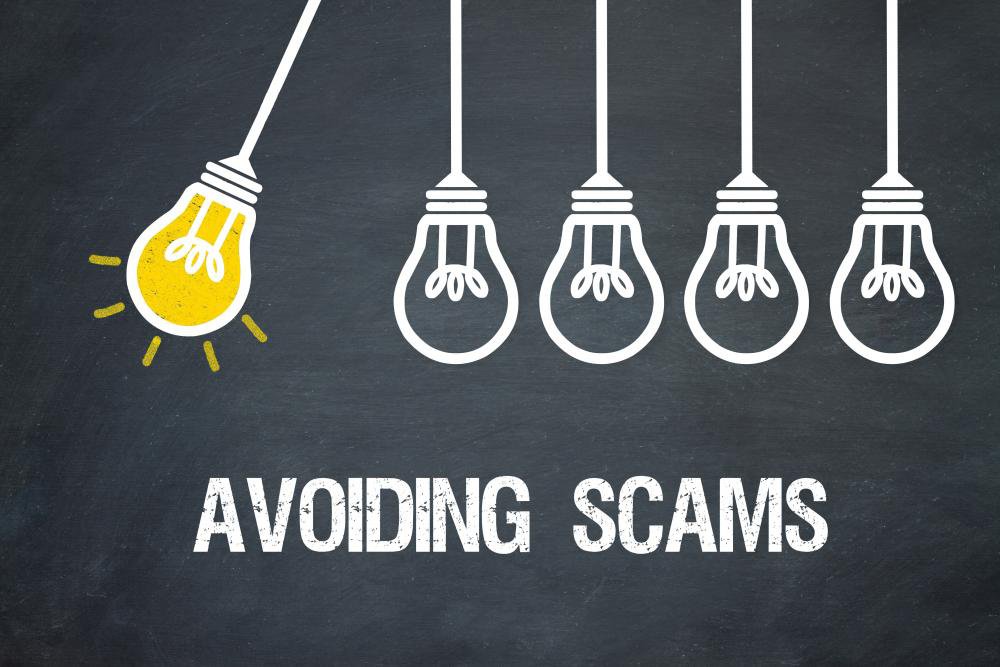The arrival of stimulus funds in people’s bank accounts and mailboxes means scammers and thieves will be coming out trying to get all or some of that money.
Whether it’s mail thefts or online or phone scams, the stimulus funds have been accompanied by increased cases of fraud and thefts.
The Federal Trade Commission reported an estimated $211 million was lost to scammers and thieves after the first round of stimulus payments.
The Better Business Bureau scam tracker received numerous reports from people who were contacted by scammers through text message, email, and phone calls about their COVID-19 stimulus checks during the previous rounds of stimulus payments.
The BBB says people should be wary of email or text messages instructing to click a link to “request benefit payments.” The link connects to an application prompting the entering of personal information in order to “make sure you are getting all the payments owed to you.” This “application” is really a way to phish for personal details and commit identity theft.
In a phone variation of the con, the scammer pretends to call from a government agency. The con artist insists on being paid immediately — or confirmation of personal information — before a stimulus check is sent. Other times, scammers claim additional funds are available or that the consumer can receive funds immediately once a small “processing fee» is paid with a pre-paid debit card.
Scammers will use trickery to get the funds, while thieves may just steal it right out of the mailbox. When the second round of stimulus checks came in January the Turlock Police Department saw a noticeable increase in reports of mailbox thefts and damage, according to call for service logs.
The U.S. Postal Inspection Office suggests these tips to help avoid becoming a victim of mail theft:
• Use the letter slots inside your Post Office for your mail, or hand it to a letter carrier.
• Pick up your mail promptly after delivery. Don’t leave it in your mailbox overnight. If you’re expecting checks, credit cards, or other negotiable items, ask a trusted friend or neighbor to pick up your mail.
• If you don’t receive a check or other valuable mail you’re expecting, contact the issuing agency immediately.
• If you change your address, immediately notify your Post Office and anyone with whom you do business via the mail.
• Don’t send cash in the mail.
• Tell your Post Office when you’ll be out of town, so they can hold your mail until you return.
• Report all suspected mail theft to a Postal Inspector.
• Consider starting a neighborhood watch program. By exchanging work and vacation schedules with trusted friends and neighbors, you can watch each other’s mailboxes (as well as homes).





